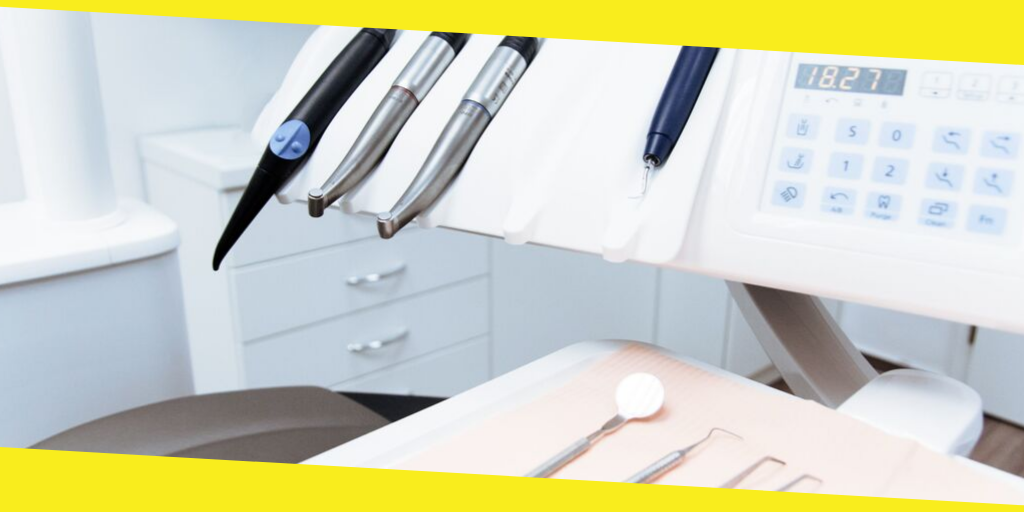
Source
As a result of the growing use of titanium and its alloys in the medical and other industries, the global titanium alloys market is projected to reach $6.87 billion by 2025, according to a 2019 MarketWatch report. Since the 1950s, titanium has been a popular metallic biomaterial both for patients and doctors because it’s strong, flexible, lightweight, compatible with bone growth, non-magnetic, extremely wear-resistant, and inert to human body fluids. The medical uses and applications of titanium have grown rapidly since it was first used in the 1940s, which has made it the preferred metal in the medical field.
Titanium for implants and replacement of failed hard tissues
The surface of titanium is one of the most biocompatible known to man, and the metal has demonstrated success in dental and orthopedic implants. Titanium is corrosion resistant against atmospheric and aggressive fluidic environments, which is vital for long term implant applications. It has the highest strength-to-weight ratio of all the biocompatible metals, which results in longer-lasting implants. It is easily worked, which means it can be fabricated into different types of prosthetics and inner body devices that can be used all over the body. For instance, elbow and shoulder joint implants are commonly made of titanium. Titanium tubing is also used to make coronary stents during angioplasty procedures. Titanium is also used in hip replacements, knee replacements, maxillofacial prosthetics, expandable rib cages, dental implants, bone screws and plates, and other fixation devices.
Titanium for medical instruments
Titanium is commonly used to make medical instruments, including surgical devices, marker bands, dental drills, blades and forceps. Titanium surgical instruments have several advantages over their stainless steel counterparts. First, titanium is about 40 percent lighter than stainless steel, which makes it easier to handle during dissections, repetitive tasks and long surgical procedures. Titanium instruments are also durable, which allows doctors to repeatedly sterilize them without damaging the surfaces. Titanium is non-ferrous, which means the instruments are rust and corrosion resistant, even when placed near oxidizing acids, saltwater, organic and industrial chemicals. You can also use titanium surgical instruments near MRIs since it’s non-magnetic. Titanium surgical instruments are usually anodized to make them non-reflective, ensuring that there is no glare during surgery.
Titanium is an amazing metal that has many possible applications in the medical industry, including some that help save lives. With the many benefits titanium offers doctors and patients, the use of the metal is expected to increase in the future with more research.